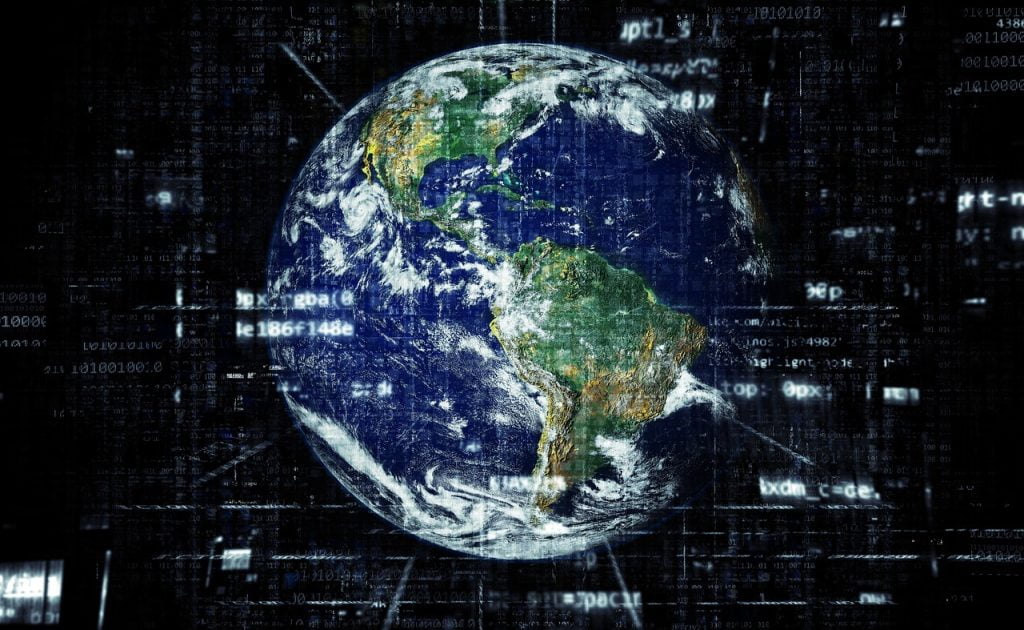Sustainable technology is revolutionizing our world, providing innovative solutions to address the environmental challenges we face. In this article, we will explore the concept of sustainable technology, its benefits and how it is transforming various sectors of our society.
Sustainability has become a vitally important issue in today’s world. As we face challenges #environmental y #social increasingly urgent, the need to adopt #sustainable #practices #sustainable #practices becomes crucial. We will find out how we can contribute to the protection of the #planet and to the construction of a #greener and balanced future. Join us on this exciting journey towards sustainability!
What is Sustainability?
Sustainability is a concept that encompasses the ability to meet the needs of the present without compromising the ability of future generations to meet theirs. It involves balancing the environmental, social and economic dimensions to ensure long-term survival and well-being. It is essential to adopt sustainable practices to curb climate change, preserve natural resources, protect biodiversity and promote social justice. Sustainability is crucial to safeguarding our planet and ensuring a prosperous future for generations to come.
Fortunately, we can all contribute to sustainability in our daily lives. We can start by adopting a responsible consumption approach, choosing products and services that are environmentally friendly and socially just. We can also reduce our energy and water consumption, make the best use of natural resources and minimize waste generation. Opting for sustainable modes of transportation, such as walking, cycling or using public transportation, is another way to reduce our environmental footprint.
Convenience of a technological partner
An important ally is technology, especially sustainable technology that seeks to develop and implement technological solutions that minimize environmental impact, promote resource efficiency and foster social equity. It is a key response to the urgent problems we face in terms of climate change, resource scarcity and pollution.
One of the highlights of sustainable technology is its focus on energy efficiency. According to a report by the International Energy Agency, 40% of global carbon dioxide emissions come from buildings. Sustainable technology offers solutions such as the use of eco-friendly building materials, efficient lighting systems and renewable energy to significantly reduce energy consumption in buildings. This not only helps combat climate change, but also leads to significant savings in energy costs.
Sustainability not only benefits the planet, but also ourselves and the communities in which we live. By adopting sustainable practices, we reduce pollution, improve air and water quality, and preserve natural ecosystems. We promote social equity and justice, ensuring that all people have access to resources and opportunities. In addition, we promote innovation and job creation in sustainable sectors, fostering long-term economic development.
Although sustainability is essential, we face significant challenges. Climate change, land degradation, biodiversity loss and inequality are just a few examples. However, there are viable solutions. We can promote government policies that as we move into the future, sustainability will become an even greater priority. The transition to a green and sustainable economy is accelerating, with more and more countries, companies and communities committing to concrete actions. Technology will play a key role in this transformation, driving innovation and facilitating sustainable solutions in various sectors. Collaboration between different actors, such as governments, companies, non-governmental organizations and citizens, will be essential to face global challenges and achieve a sustainable future for all.

Practical applications of Sustainable Technology
Another area where sustainable technology is making its mark is transportation. Electric vehicles, powered by renewable energy, are gaining ground and reducing dependence on fossil fuels. According to the International Energy Agency, by 2030, more than 125 million electric vehicles are expected to be on the road. This will not only improve air quality, but also reduce noise pollution and reduce our carbon footprint.
In addition to energy efficiency and sustainable transportation, technology is playing a crucial role in natural resource management. For example, precision agriculture or Agriculture 4.0 uses sensors and monitoring technology to optimize irrigation and fertilizer application, thereby reducing the use of water and chemicals. According to the Food and Agriculture Organization of the United Nations, precision agriculture is expected to increase food production by up to 70% by 2050, while minimizing environmental impact.
In terms of assessing the expected benefits, the impacts of sustainable technology go beyond environmental protection. It also contributes to job creation and economic growth. According to a European Commission report, the renewable energy sector is expected to generate more than 4 million jobs by 2030. In addition, sustainable technology drives innovation and business competitiveness, while strengthening reputation and consumer confidence.
Sustainability is a shared responsibility of all of us. Through small daily actions and conscious decisions, we can contribute significantly to building a greener and more balanced future. Sustainability is not only necessary to protect the environment, but also to ensure a fairer and more prosperous world for generations to come. Let’s adopt sustainable practices in our daily lives and work together to preserve our planet and create a sustainable future for all.
In short, sustainable technology is a driving force behind innovation and sustainability in our society. With a focus on energy efficiency, sustainable transportation and natural resource management, sustainable technology offers concrete solutions to address environmental challenges and promote a more equitable and prosperous future. By embracing sustainable technology, we can build a greener, more resilient world, protecting our planet for future generations.

